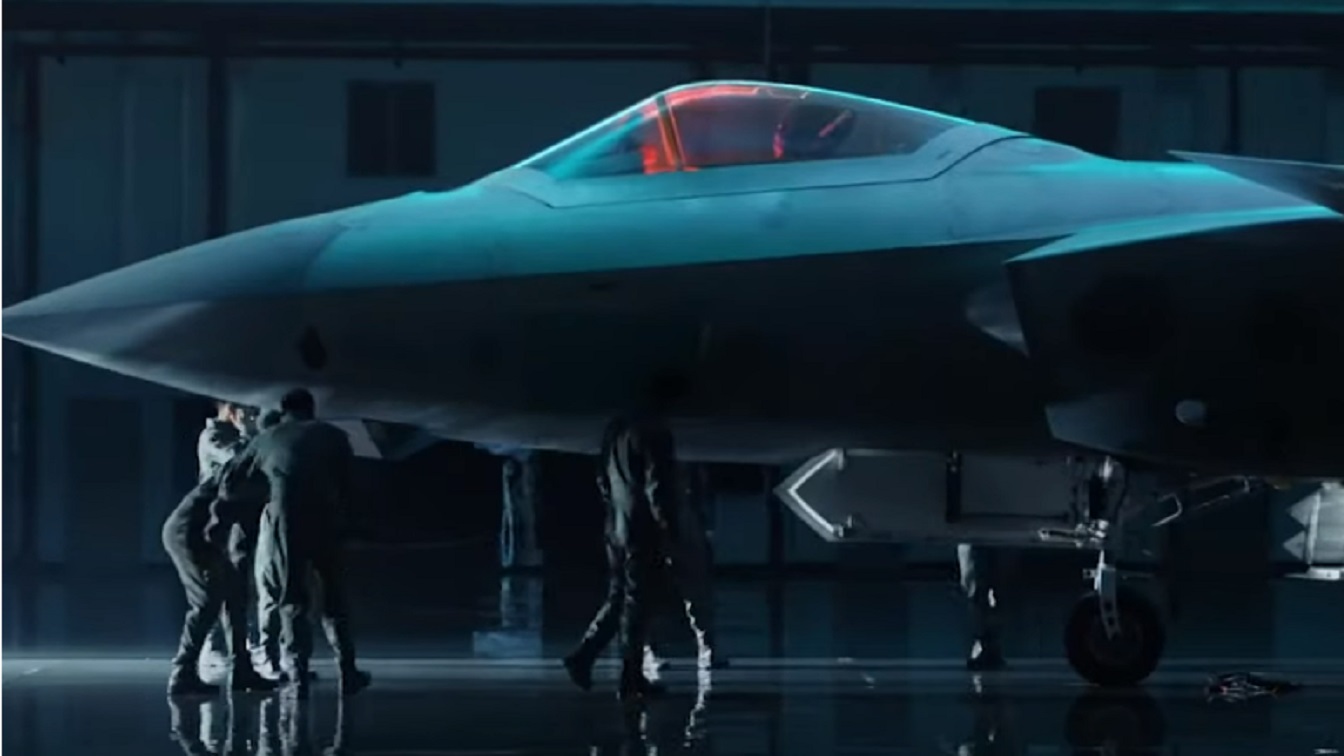Why Taiwan Wanted Nuclear Weapons: In an early March 2022 opinion piece for The Boston Globe, columnist Jeff Jacoby suggested that “To avoid Ukraine’s fate, Taiwan needs nuclear missiles – now.” Jacoby wrote his words just days into Russia’s unprovoked and entirely unwarranted invasion of Ukraine, and he made an excellent point – namely that Ukraine was briefly the third-largest nuclear power in the world.
(Subscribe to 19FortyFive‘s New YouTube Channel here.)
Thousands of nuclear arms had been left in the country following the dissolution of the Soviet Union.
Yet, Ukraine made the decision to completely denuclearize, and in exchange, the U.S., the UK, and Russia guaranteed Ukraine’s security in a 1994 agreement known as the Budapest Memorandum. Looking back, most lawmakers in Kyiv probably regret that decision, as it is unlikely Ukraine would have been invaded had it still had those weapons. Moscow wouldn’t have risked a nuclear retaliatory strike, it has been argued – a point made by Jacoby and others.
Just days after Jacoby’s op-ed, the Union of Concerned Scientists pondered a similar question, “Could US Nuclear Weapons Prevent an Attack on Taiwan?” However, Gregory Kulacki, China project manager for the nonpartisan group, suggested that deploying U.S. nuclear weapons likely wouldn’t prevent an attack. As he noted, “President Truman threatened to use nuclear weapons against Chinese communist forces in Korea, but they continued to fight. President Eisenhower threatened to use nuclear weapons against mainland China during the Taiwan Strait Crisis of the 1950s. Once again, it did not deter Beijing from pursuing and obtaining its objectives.”
This is simply because Chinese military doctrine is built around the idea that it must fight a conventional war under conditions of nuclear deterrence. In other words, China would go all in – and in a dangerous game of nuclear poker, would seek to call Washington’s bluff. Beijing simply expects that the United States wouldn’t go down the path of “Nuclear Armageddon” for an island that few Americans can place on a map.
Legal Issues Get Complex
Now, where the issue is a bit more murky and complex is in the fact that Taiwan is not legally recognized throughout much of the world. Currently, just a few countries and Vatican City have recognized Taiwan as a sovereign state. In fact, just recently, Nicaragua cut ties with Taipei and recognized Beijing as the sole China.
However, that could work in Taipei’s favor should it seek to develop nuclear weapons. In 1968, Taiwan – then recognized as the Republic of China by the United Nations – signed onto the Non-Proliferation of Nuclear Weapons Treaty (NPT).
After the seat for “China” in the United Nations General Assembly and Security Council reverted from Taipei to Beijing in 1971, the NPT, as well as the International Atomic Energy Agency (IAEA), coordinated only with Beijing.
In other words, Taiwan isn’t bound by a treaty today.
In fact, from the late 1960s to the 1980s, Taipei had attempted to develop nuclear weapons. For the government in Taipei, the thinking is that such a weapon would have evened the odds, but for Beijing, it could have been a justification for an attack. Taiwan finally abandoned its efforts due to diplomatic pressure from the United States.
Even today it remains unlikely that Taiwan will ever develop nuclear weapons.
Chinese analysts have actually suggested that having nuclear arms likely wouldn’t benefit the self-governing island. As noted, Beijing could see such a deployment of such weapons as justification for war. A nuclear arsenal might not deter China as anti-ship missiles might. Moreover, a nuclear weapon would only ensure that China would hit back hard – and destroy the island nation.
As it currently stands, Beijing maintains that Taiwan is a breakaway province. The presence of nuclear weapons could make Beijing see Taiwan as a U.S. nuclear proxy that needs to be eliminated at all costs – and the Chinese Communist Party might be willing to bet that Americans wouldn’t risk nuclear annihilation over an island most can’t place on a map is destroyed.
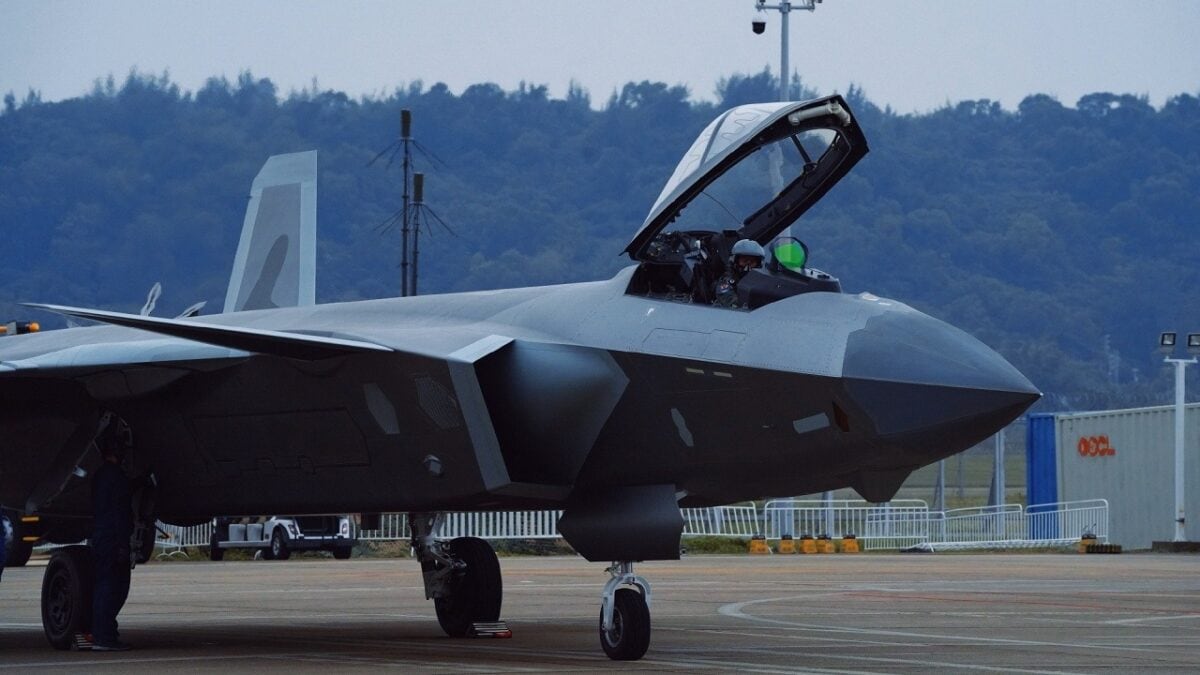
J-20 Fighter. Image Credit: Creative Commons.
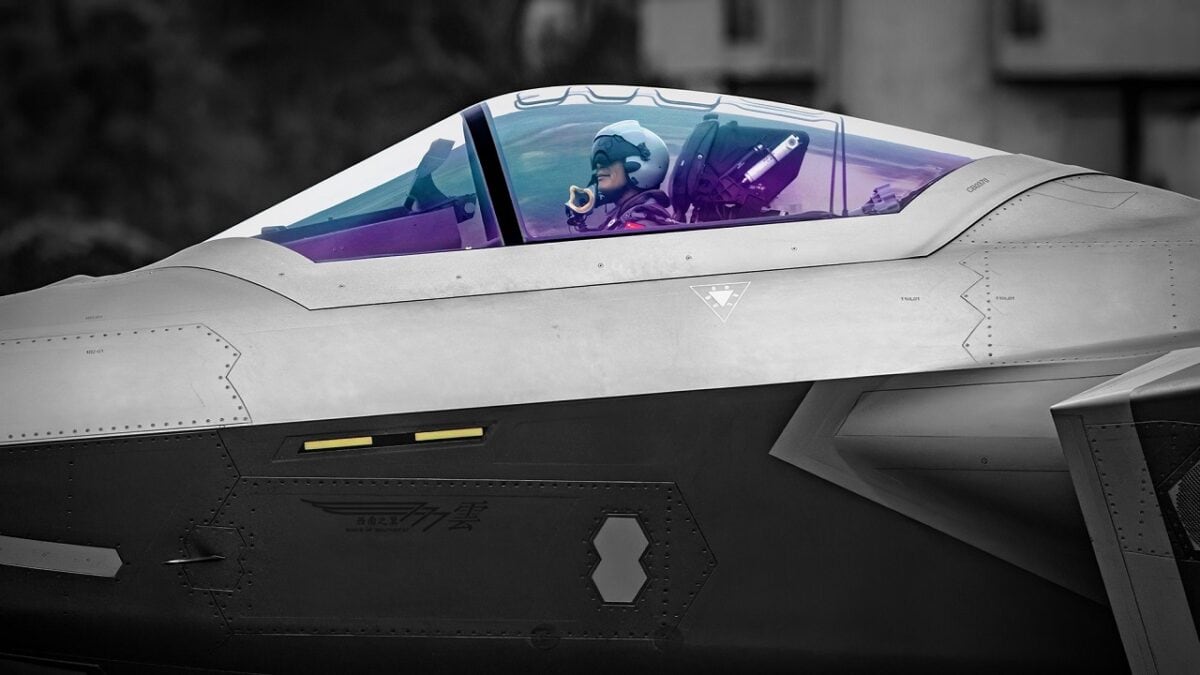
J-20 Fighter. Image Credit: Creative Commons.
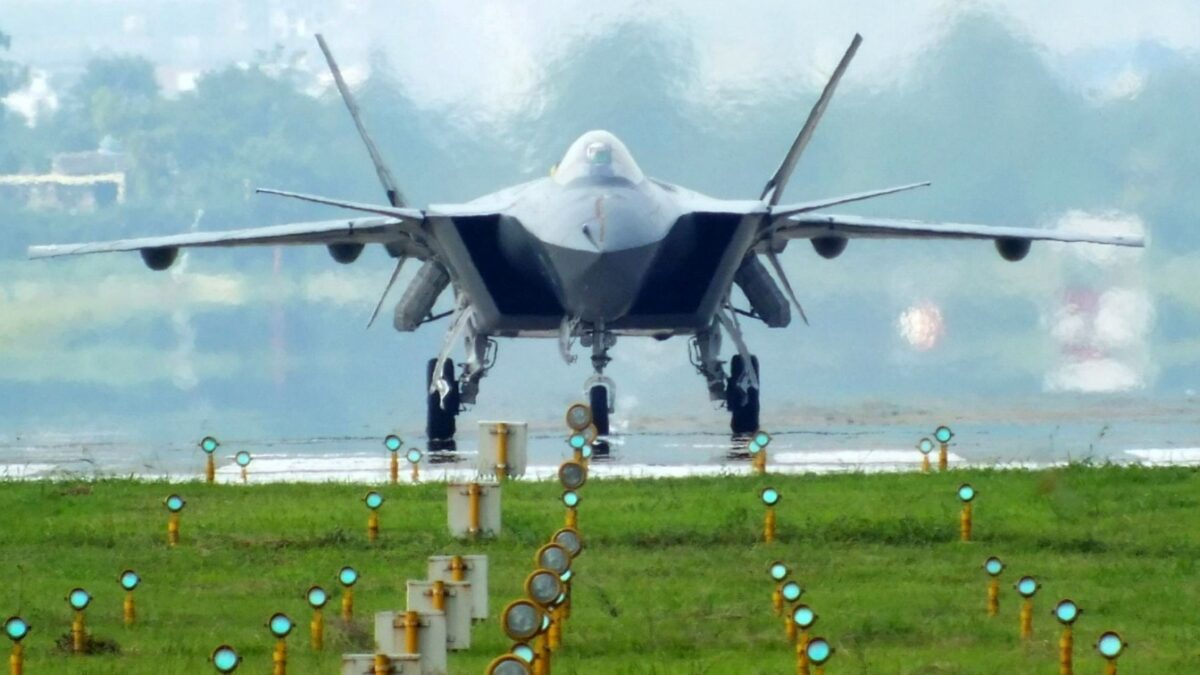
J-20 stealth fighter. Image Credit: Creative Commons.
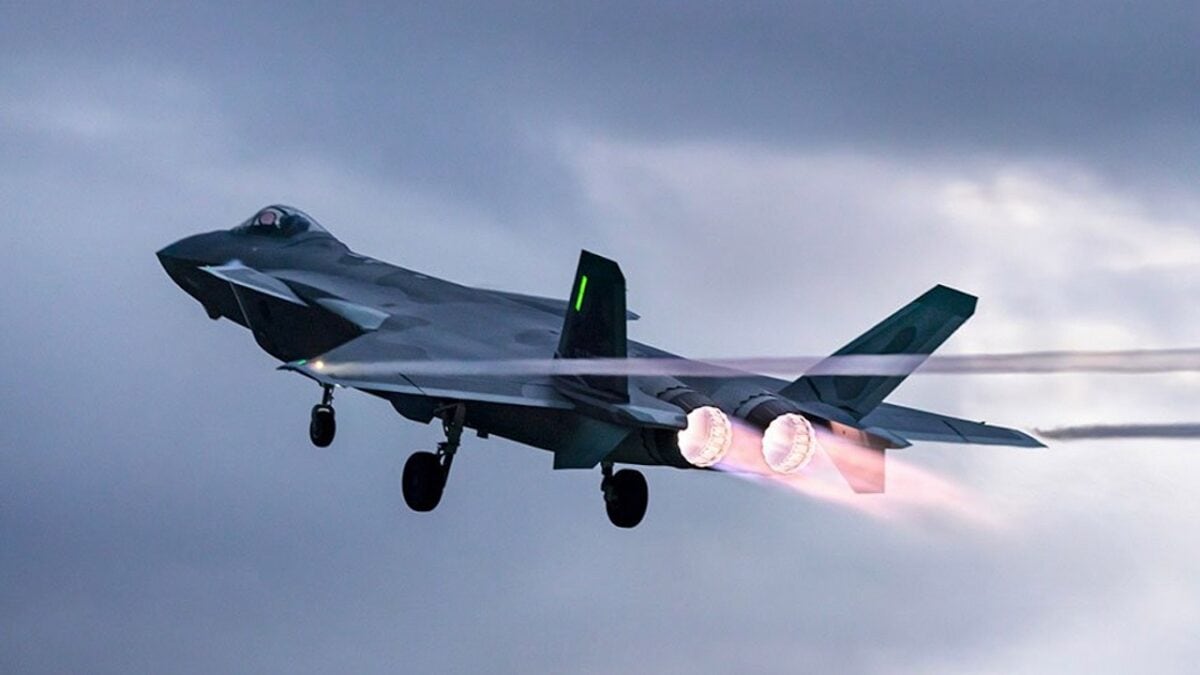
J-20 Fighter. Image Credit: Chinese internet.
A Senior Editor for 1945, Peter Suciu is a Michigan-based writer who has contributed to more than four dozen magazines, newspapers and websites. He regularly writes about military hardware, firearms history, cybersecurity and international affairs. Peter is also a Contributing Writer for Forbes. You can follow him on Twitter: @PeterSuciu.

